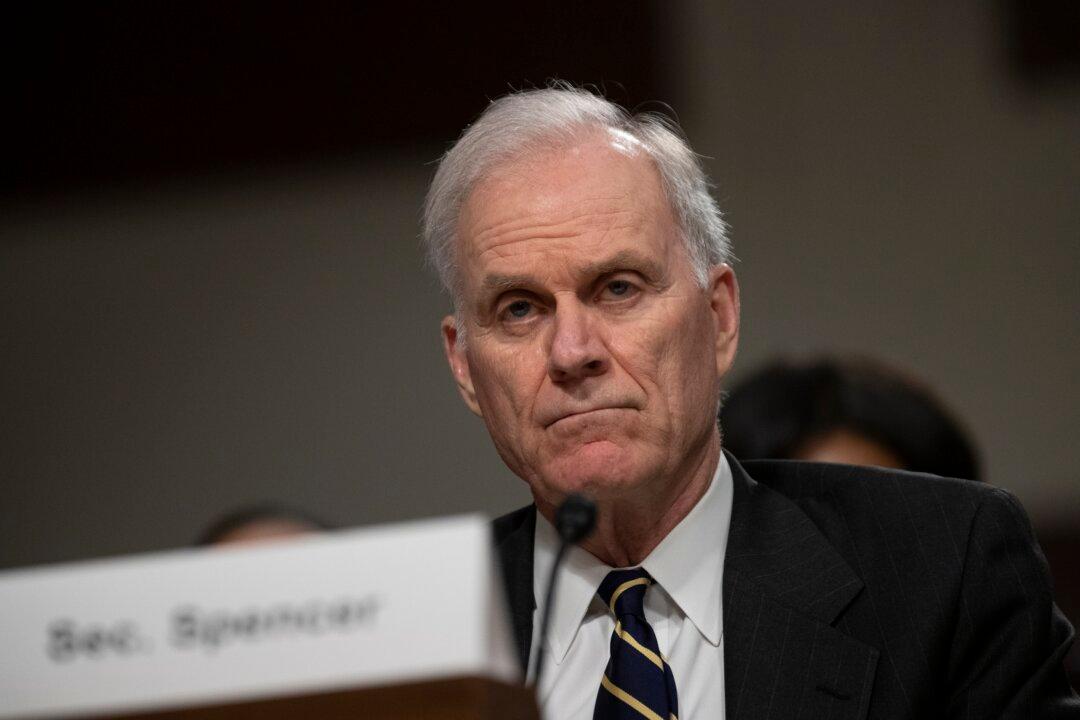Former U.S. Navy Secretary Richard Spencer said the U.S. Navy should provide more help to defend Australia’s waters until it acquires its own nuclear submarines in response to the rising threat from Beijing.
Australia’s Navy is expected to experience a capability gap as the first nuclear submarines under the AUKUS agreement will not be ready for more than a decade.





